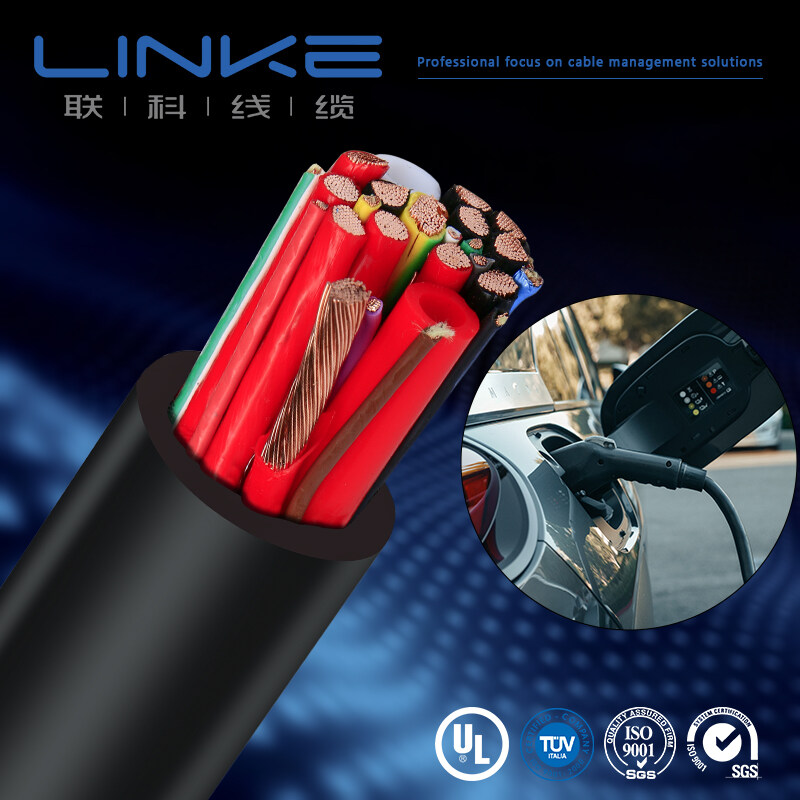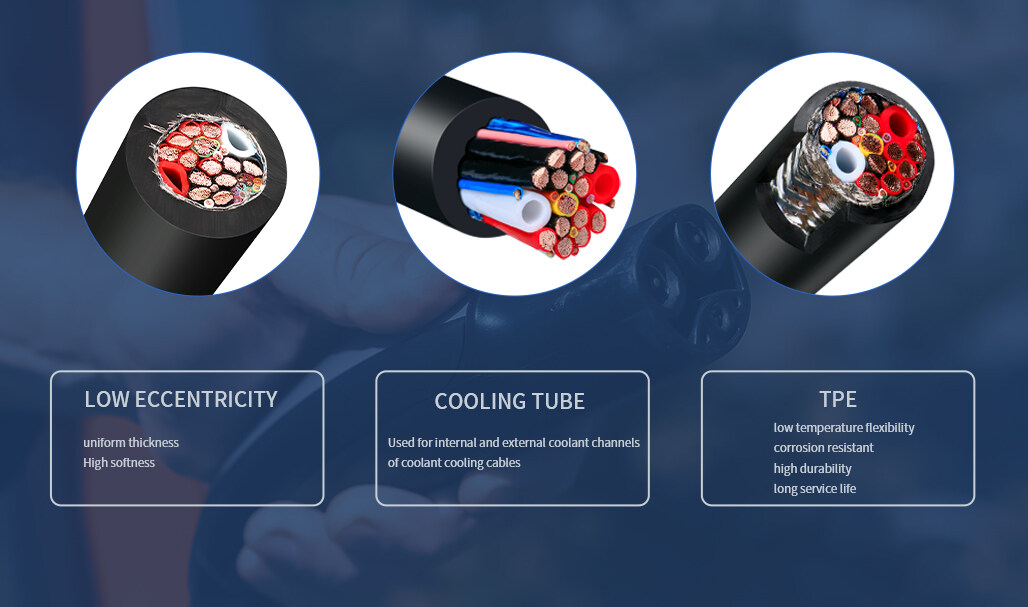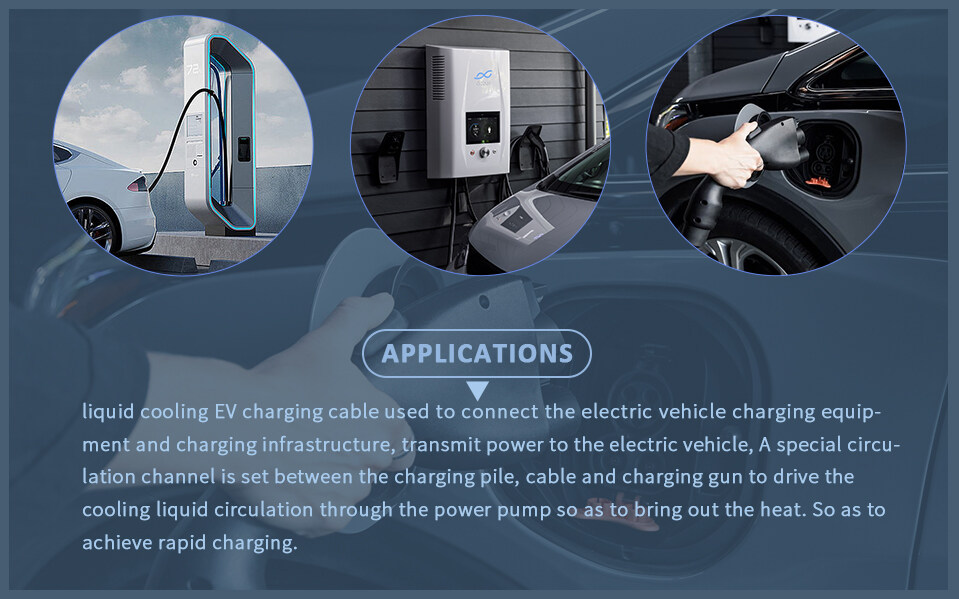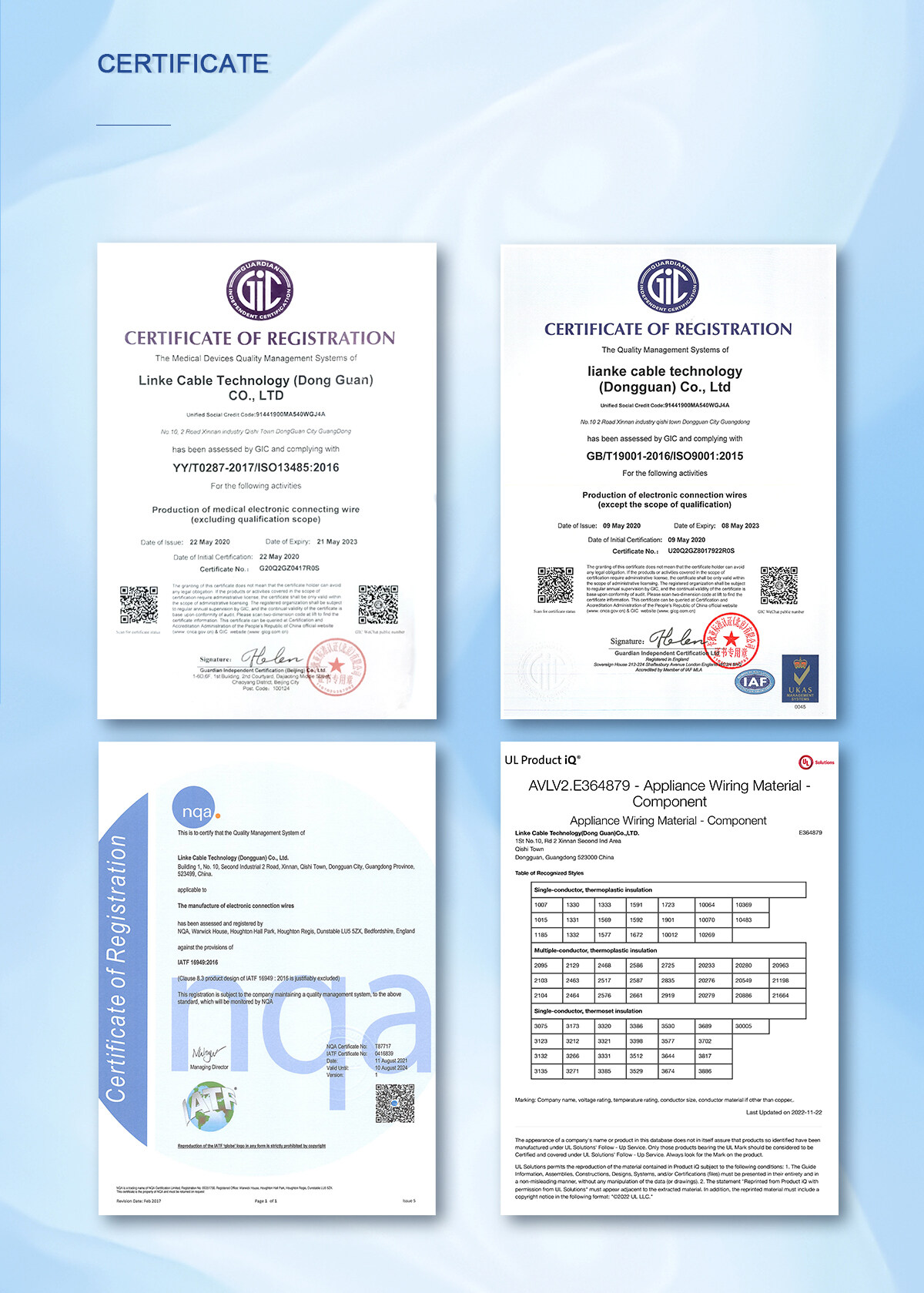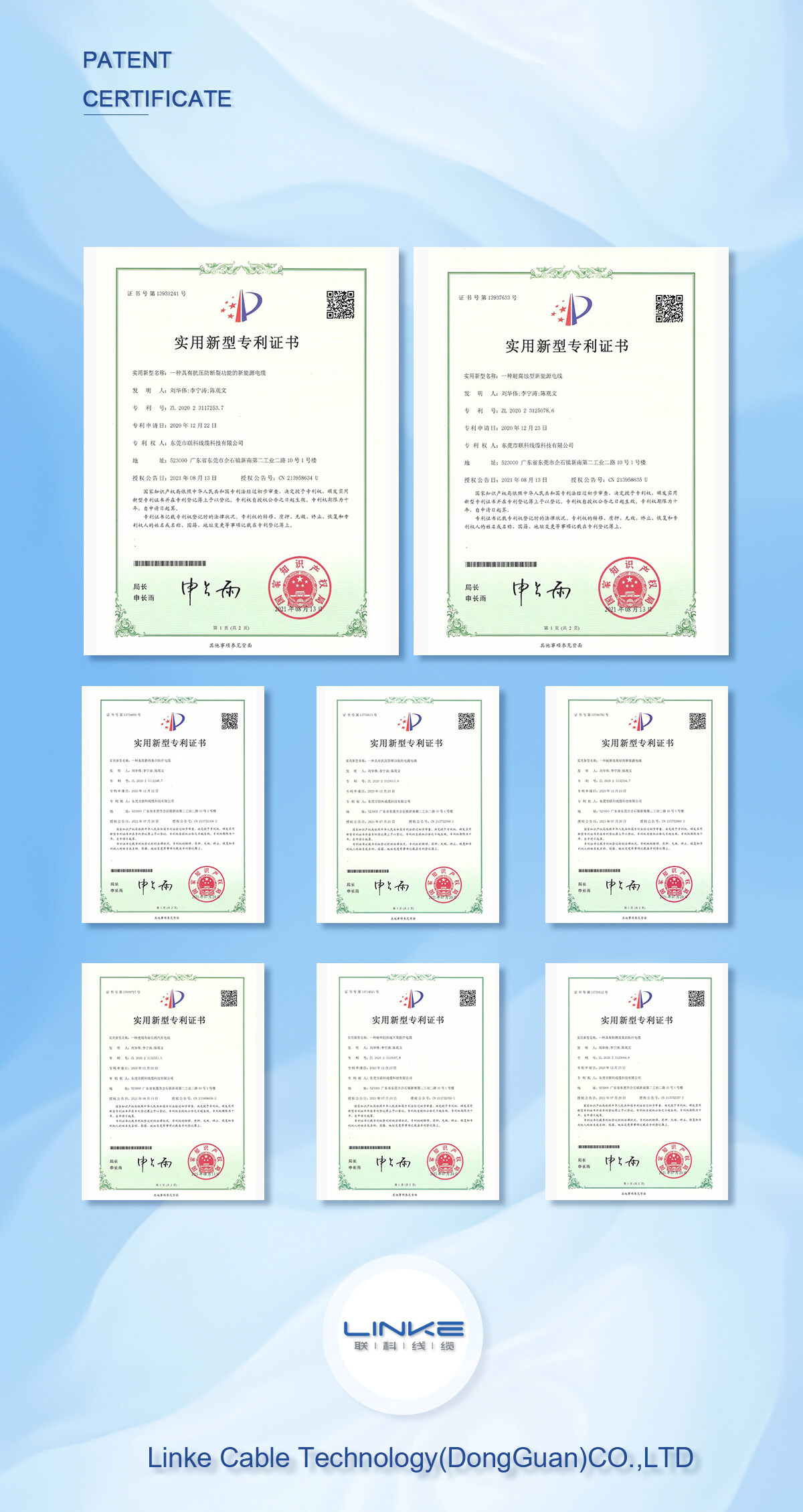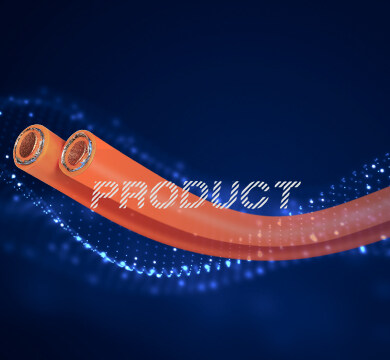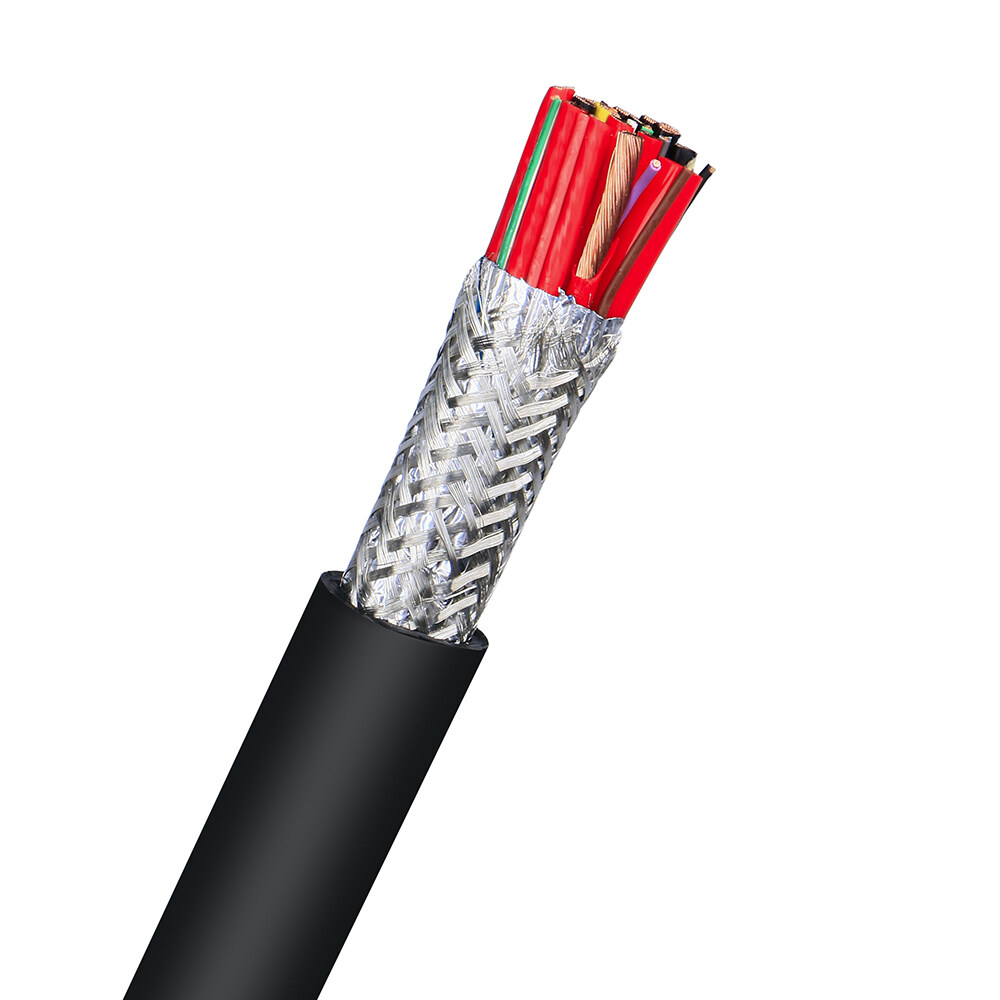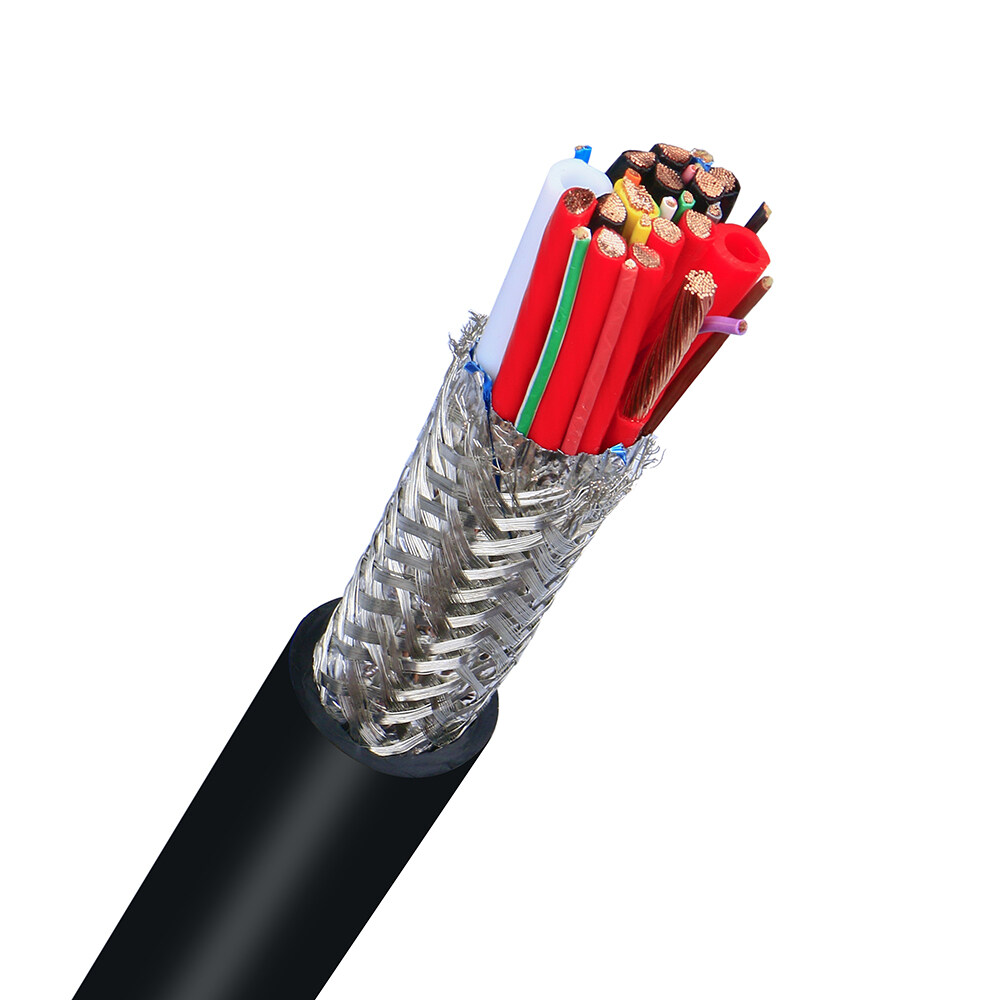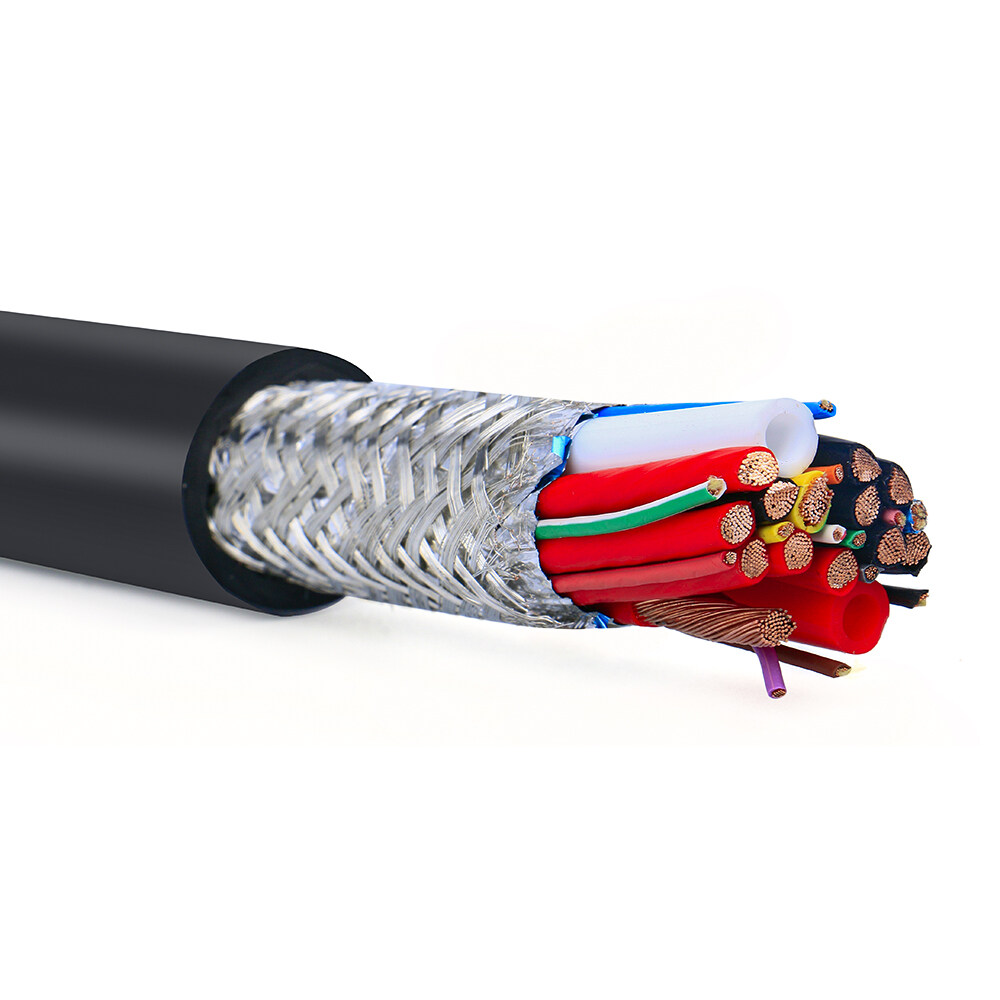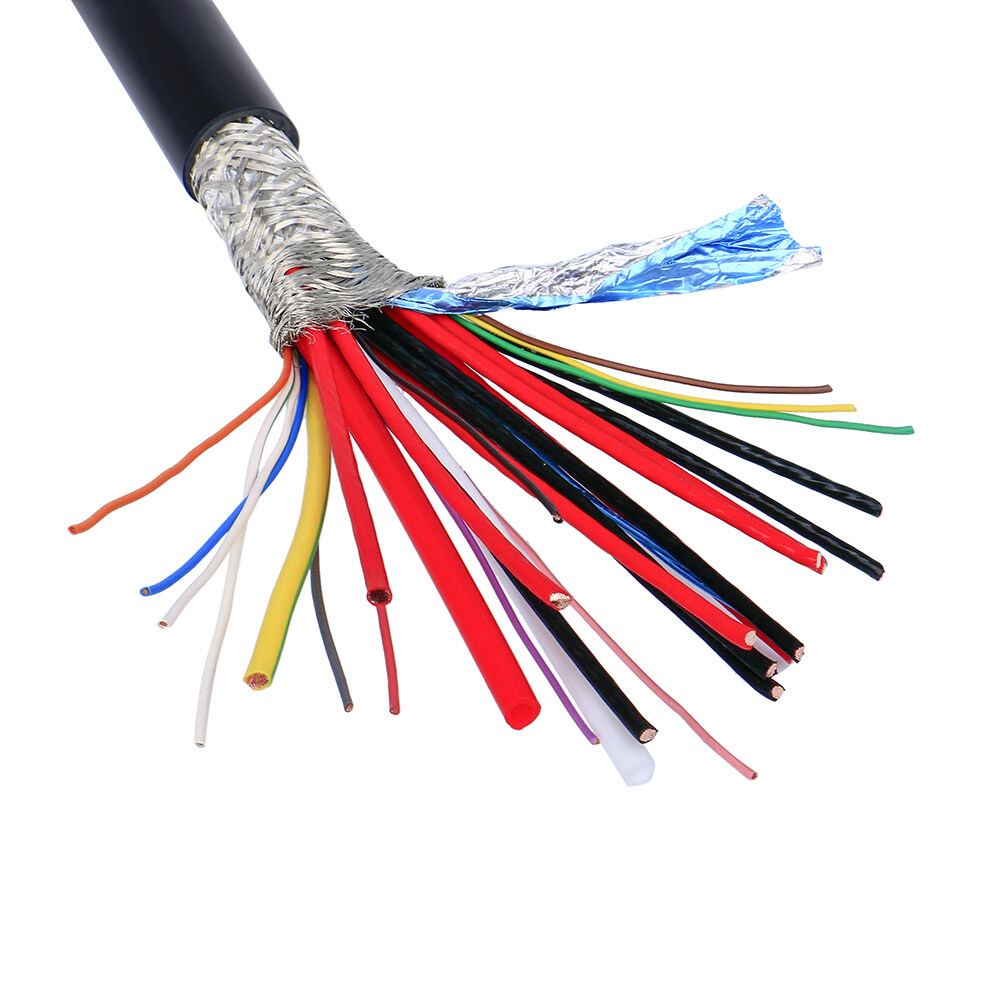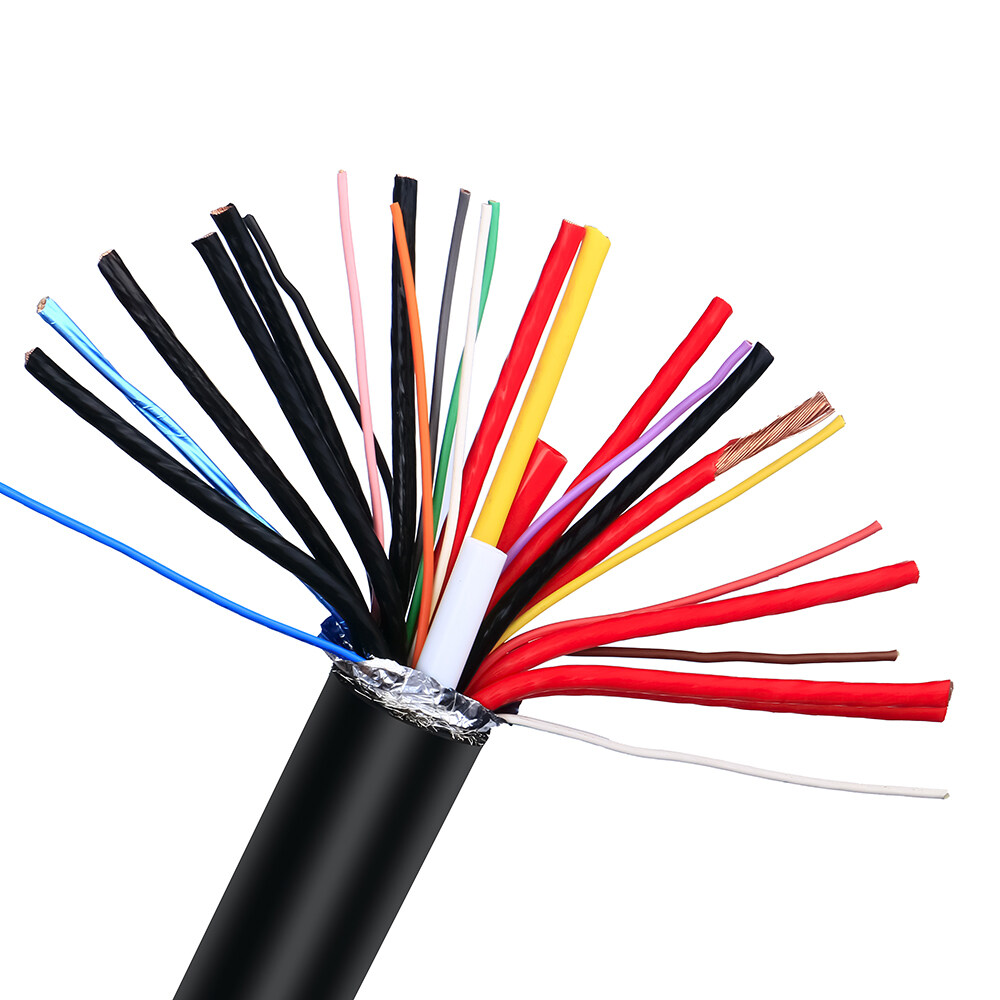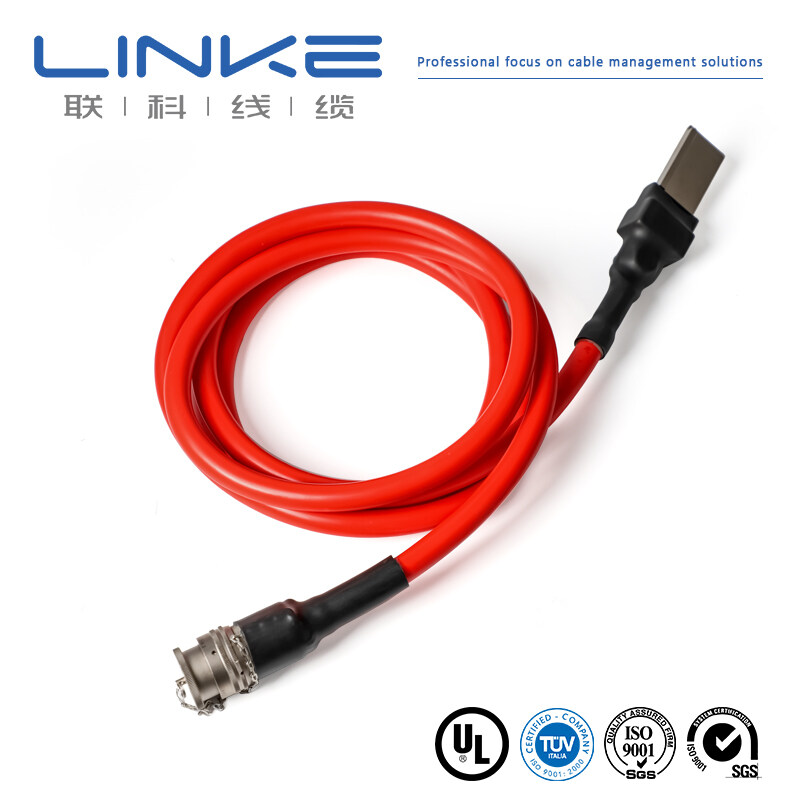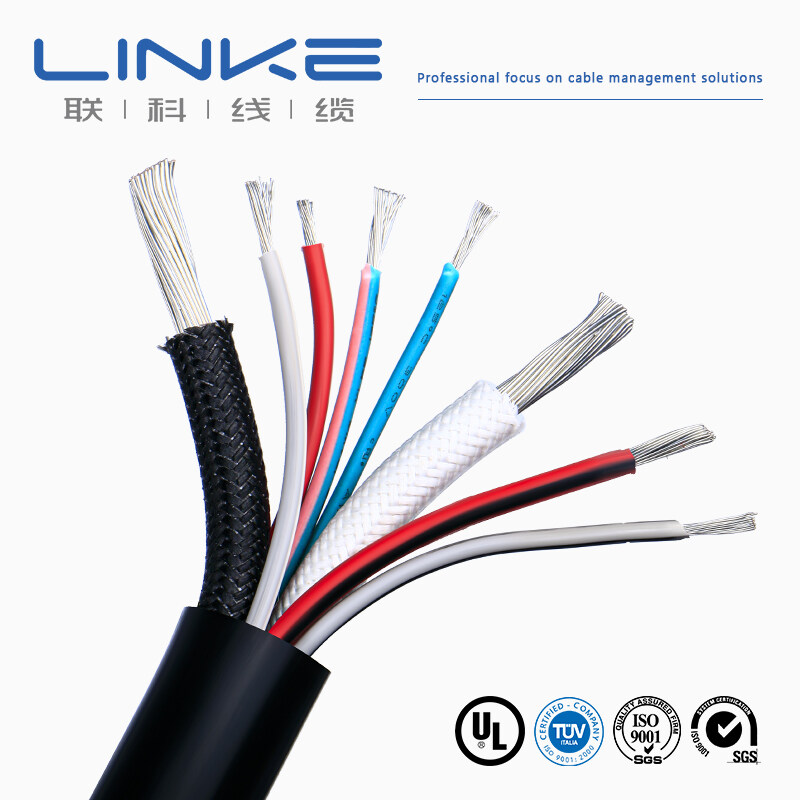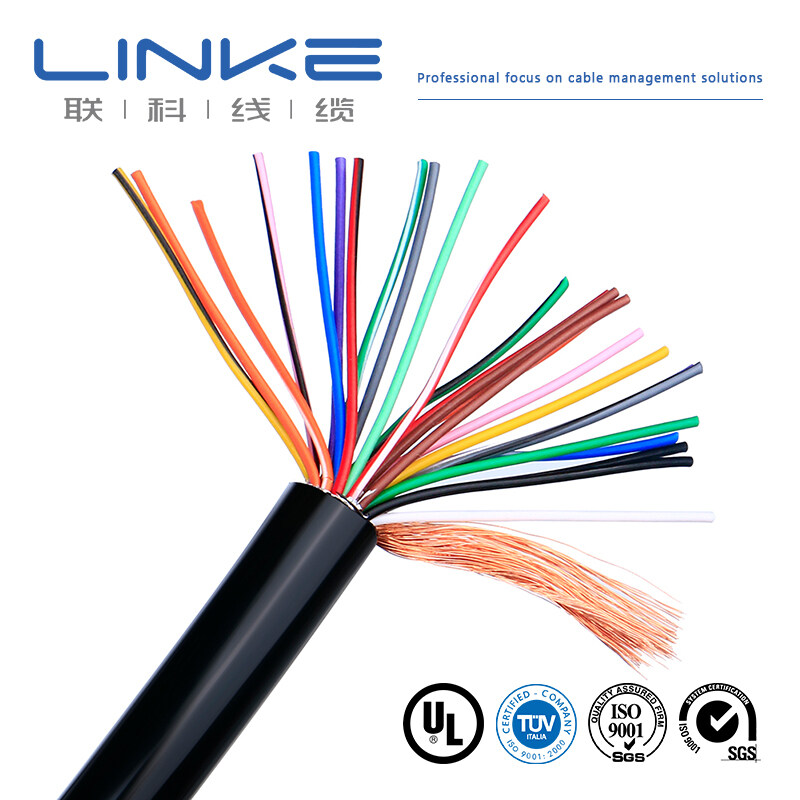Email format error
Email cannot be empty
Email already exists
6-20 characters(letters plus numbers only)
The password is inconsistent
Email format error
Email cannot be empty
Email does not exist
6-20 characters(letters plus numbers only)
The password is inconsistent

Electrical Vehicle Cable
Electric vehicle cable is a specialized type of cable designed for use in electric vehicles. It is used to transmit power from the battery to the motor, as well as to other components such as the charging system and control unit. It is designed to withstand high voltages and currents, as well as exposure to heat and other harsh conditions.
Electrical Vehicle Cable Feature
[No Pollution]: Electric vehicle cables are designed with environmentally friendly insulating and sheath materials. These materials ensure high-quality and stable electrical properties, as well as physical and mechanical functions. Additionally, they prevent the formation of “secondary damage” caused by the incineration of waste automotive cables, which can lead to secondary pollution.
[Flame Retardant and Fire Resistance]: Electric vehicle cables are designed to meet national fire protection standards, with excellent flame retardancy and fire resistance. These cables are not easily ignited in the event of an electrical fire, and can ensure the normal operation of the circuit system for a certain period of time during continuous combustion. This helps to effectively reduce the spread of flames after the combustion of automotive cables.
Electrical Vehicle Cable Advantages
[Low Toxicity]: Electric vehicle cables are made with raw materials that do not contain harmful heavy metals such as lead and cadmium. This means that the insulation layer and outer sheath of automotive cables are safe for human use, and do not pose a risk to our health.
[No Corrosive Gas will be Decomposed]: Electric vehicle cables are made with new, non-polluting special materials that do not produce toxic gases during use, even at high temperatures. This makes them less harmful to equipment and instruments, and environmentally friendly.
Application of Electrical Vehicle Cable
· Battery Cables: connect the battery to the electric motor and other components of the vehicle, providing power to the system.
· Charging Cables: used to connect the vehicle to a charging station or other power source, allowing the battery to be charged.
· Motor Cables: connect the electric motor to the power source and control system, allowing the motor to operate.
· Control Cables: used to transmit signals between the control system and various components of the vehicle, such as the motor, brakes, and steering.
· Sensor Cables: used to connect sensors that monitor various aspects of the vehicle’s performance, such as speed, temperature, and battery level.
For more information about electrical vehicle cable, please kindly contact us at any time, we are glad to answer for you. If you want to find a partner, hope that we will be your best choice.
